Search Results
Showing results 41 to 60 of 70
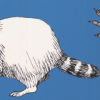
Who Goes There?
Source Institutions
In this outdoor, night activity, learners track nocturnal animals' footprints, droppings and other signs of their presence.
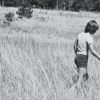
Animals in a Grassland
Source Institutions
In this outdoor, warm weather activity, learners use sweepnets to search a grassy area such as a large lawn or field, collecting small animals to find as many different kinds of animals as possible.
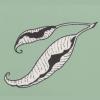
Mystery Marauders
Source Institutions
In this outdoor, mystery-solving activity, learners work like detectives, gathering evidence to identify the culprits that are attacking plants.
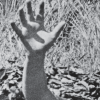
Leaf Living
Source Institutions
In this outdoor fall activity, learners find out what living in or under a layer of leaves is like.
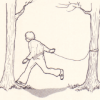
Tree Tally
Source Institutions
In this outdoor activity and fun race, learners first find the most common type of tree in a forest site.
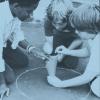
Isopods
Source Institutions
In this outdoor activity, learners dig for and collect isopods (sometimes known as "roly-poly bugs" or "potato bugs" and other names).

Bean Bugs
Source Institutions
In this outdoor biology and math activity, learners estimate the size of a population of organisms too numerous to count.
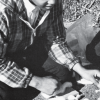
Food Grab
Source Institutions
In this outdoor activity, learners design devices that will catch prey or gather plants.

Variation Game
Source Institutions
In this set of outdoor games, learners play the role of monkeys that are trying to get enough resources (food, shelter, and space) to survive.
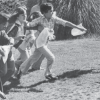
Population Game
Source Institutions
In this outdoor game, learners simulate a herd of deer trying to survive in an area called the "home range." Learners explore the concept of "carrying capacity"—what size population of an organism can
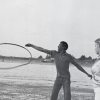
Clam Hooping
Source Institutions
In this two-part outdoor activity, learners conduct a population census of squirting clams on a beach or mudflat, and investigate the clams' natural history.
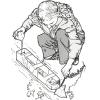
Hold It
Source Institutions
In this outdoor activity/field trip, learners investigate the special shapes, holding structures and holding behaviors that real organisms use in streams, rivers, creeks or coast intertidal zones to a

Terrestrial Hi-Lo Hunt
Source Institutions
In this outdoor activity, learners search for the warmest and coolest, windiest and calmest, wettest and driest, and brightest and darkest spots in an area.

Sensory Hi-Lo Hunt
Source Institutions
In this outdoor activity, learners use only their senses to to find the extremes of several environmental variables or physical factors: wind, temperature, light, slope and moisture.
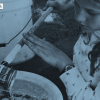
Can Fishing
Source Institutions
In this outdoor activity, learners go "can fishing" and discover the kinds of aquatic organisms that live in and on submerged cans.
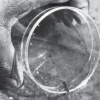
Water Striders
Source Institutions
In this outdoor activity/field trip, learners catch and observe water striders to explore their movement and feeding behaviors.

OBIS Oil Spill
Source Institutions
In this outdoor activity, learners simulate an oil spill using popcorn (both oil and popcorn float on water), and estimate the spill's impact on the environment.

Cool It
Source Institutions
In this outdoor activity/game, learners use thermometers to simulate how lizards survive in habitats with extreme temperatures.
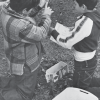
Litter Critters
Source Institutions
In this outdoor activity, learners use a "litter-critter" wheel to help them identify different animals they find living in a natural litter habitat.
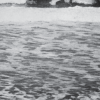
Seas in Motion
Source Institutions
In this outdoor, beach activity, learners use tennis balls, water balloons and other simple devices to investigate the movement of waves and currents off a sandy beach.
